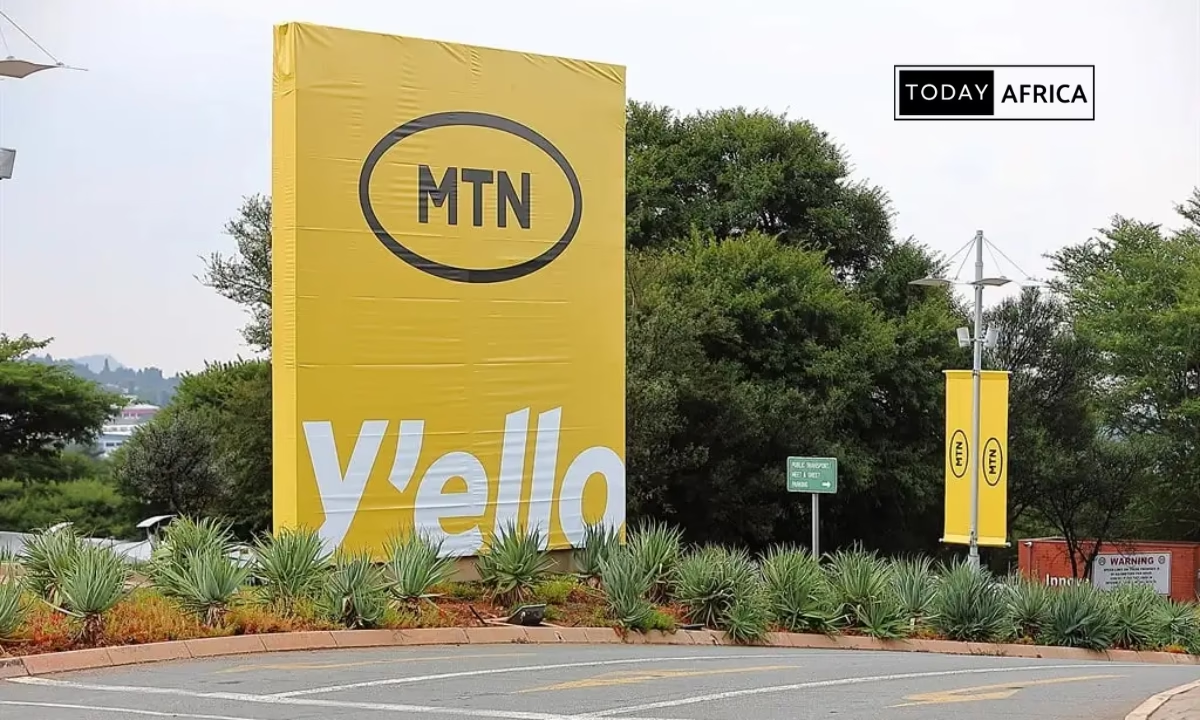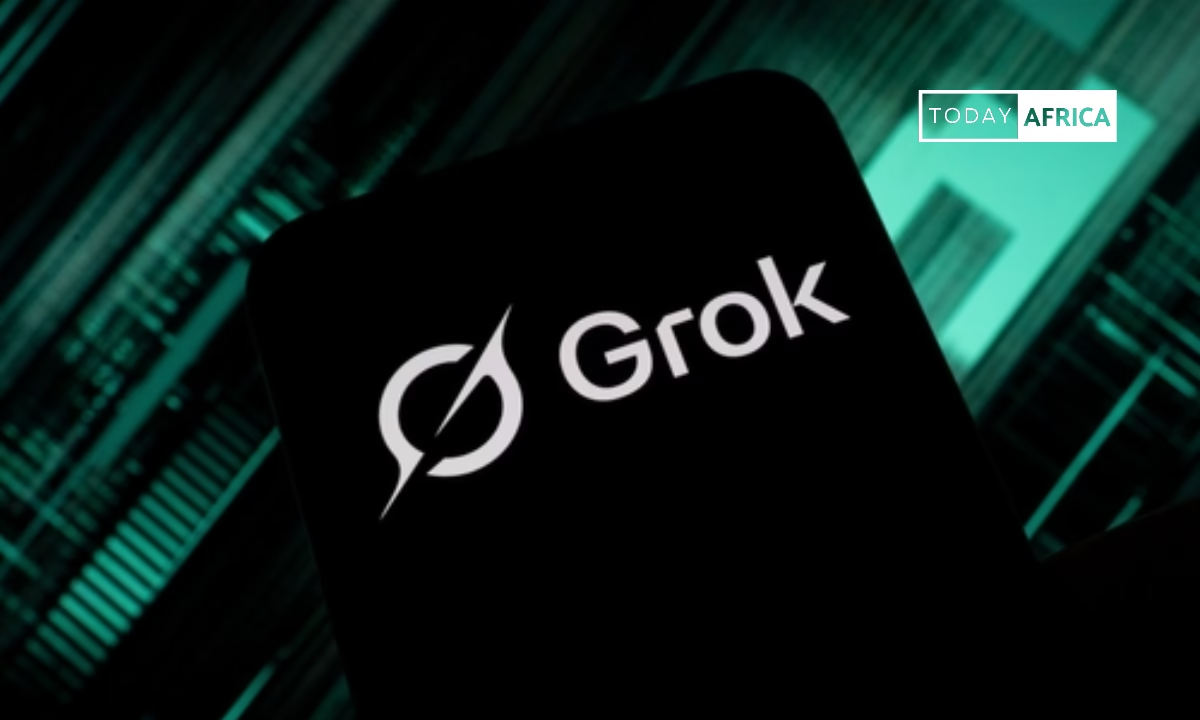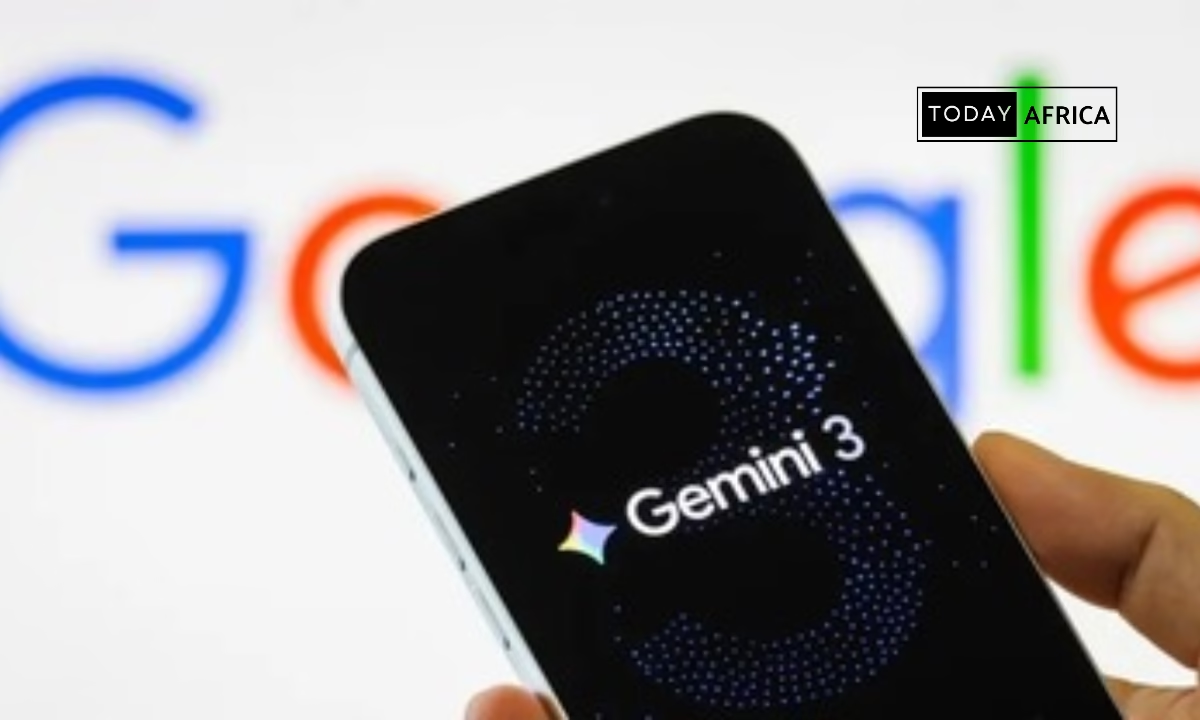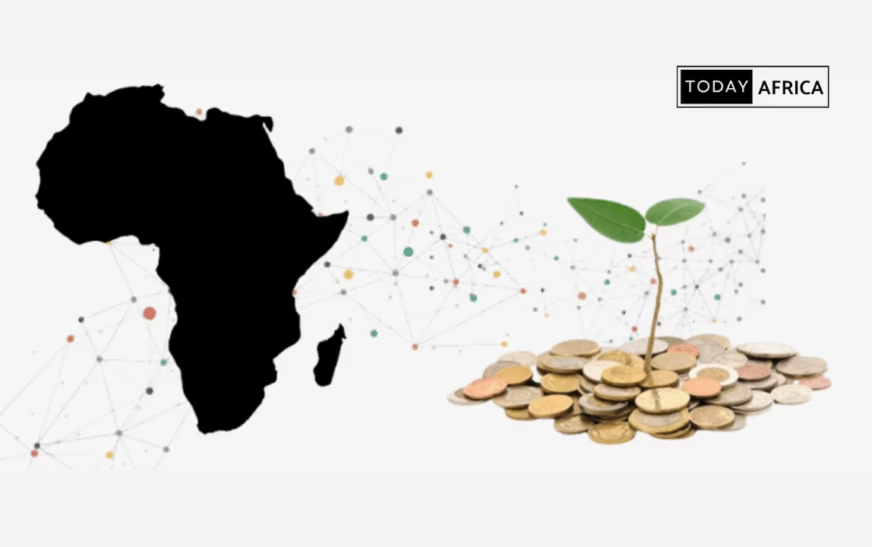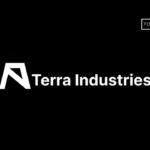How to protect your startup idea is one of the first questions every aspiring entrepreneur should ask—especially in a fast-growing and competitive market like Africa.
With innovation thriving across the continent, from fintech to agritech, ensuring your idea is legally safeguarded can mean the difference between long-term success and costly setbacks.
This blog post will guide you through the key legal tools, regional considerations, and practical steps on how to protect your startup idea in Africa’s diverse and evolving business world.
By the end, you’ll have a clear roadmap to secure your idea, impress investors, and avoid costly disputes.
Why Legal Protection Matters for African Startups
Before diving into specifics, it’s crucial to understand why protection is vital. In Africa’s fast-growing markets, ideas are easily copied. And most countries operate on a first-to-file rule, meaning whoever registers an invention or brand first owns it – even if you thought it up first.
This can wreck a startup before it even launches. For example, two Nigerian fintechs clashed over the name “Zap” this year; the company that registered first forced the other into a costly dispute.
On the flip side, owning your IP builds real value. A trademark or patent signals to customers and investors that your offering is unique and secure. Studies show investors favor startups with clear IP rights because it reduces risk and boosts valuation.
Protected ideas can be licensed or sold, opening revenue streams. In short, registering your ideas and brands early can give you a competitive edge and prevent others from free-riding on your hard work.
First-to-file and idea theft
Imagine you share your product plan with an investor, then months later, a copycat hits the market. Without legal protection, your idea has no shield.
In many African countries (including Nigeria, Kenya, Uganda, etc.), the law says “first to register wins.” This means if someone files a patent or trademark on your concept before you do, they legally own it.
- Trademark risk: Your brand name or logo can be taken if you don’t register it. In the Zap case, the fintech that filed the trademark first effectively challenged the rival. That dispute derailed fundraising and even led customers to worry the startup might fold.
- Patent/innovation risk: An innovation you divulge informally might be patented by another in a different country or by someone who hears about it. Always consider filing patent applications before public disclosure.
Knowing the first-to-file rule is half the battle. The other half is taking action: register your IP rights as soon as your idea is market-ready. This prevents “idea theft” and keeps you in control.
Building value and gaining trust
Beyond theft prevention, IP protection builds credibility. A registered trademark or patent tells customers your brand is official and your product is innovative.
It also sets you apart from the crowd, making it easier to win loyal customers and charge higher prices. Moreover, many African startups have seen that strong IP portfolios attract investors.
Venture capitalists often request proof of IP ownership (patents, trademarks) before writing a check, as it de-risks their investment.
In short, legal protection isn’t just red tape – it’s a strategic asset. By securing your ideas with patents, trademarks, or copyrights, you’re increasing your startup’s worth and long-term viability.
Intellectual Property Rights: Your First Line of Defense
At the heart of legally protecting an idea is intellectual property (IP) law. IP refers to creations of the mind – inventions, brand names, creative works, designs, and more. Different types of IP protection exist for different assets:
- Patents protect new inventions (products or processes) by giving you exclusive manufacturing, use, and sale rights for a limited time (usually 20 years).
- Trademarks protect brand identifiers (names, logos, slogans). A registered trademark ensures that only you can use that mark for your goods/services.
- Copyrights protect original creative works (software code, books, music, designs). Copyright is typically automatic on creation, but registering it (where available) strengthens your legal position.
- Trade secrets protect confidential business information (formulas, strategies, processes) that give you a competitive edge. No formal registration is needed – instead, you must keep them secret through contracts and internal controls.
Each category has its own laws and registration processes in African countries. Often a single asset might qualify for multiple protections (e.g. an app has copyright on its code and trademark on its name).
Below, we break down each type and how startups can use them to their advantage.
1. Patents
What can be patented: Patents apply to technical inventions – a new device, software algorithm (in some countries), manufacturing method, or even chemical process. To be patentable, an invention usually must be novel (not previously known), involve an inventive step (non-obvious), and be useful. For example, if your startup has invented a new kind of solar panel or a unique mobile payment algorithm, a patent could protect it.
Patent term and scope: Most African countries grant patent protection for about 20 years from filing. During this time, no one else can legally make, use, or sell the patented invention in that country without permission. After it expires, the invention enters the public domain.
Patent offices by country: Every major African market has an agency to file patents. For example:
- Nigeria: Patents are handled by the Trademarks, Patents and Designs Registry (under the Federal Ministry of Industry). Inventors file a detailed specification (with claims and drawings) there.
- Kenya: The Kenya Industrial Property Institute (KIPI) is responsible for patents under the Industrial Property Act (2001). KIPI examines filings for novelty and grants patents.
- South Africa: The Companies and Intellectual Property Commission (CIPC) administers patents under the Patents Act. South Africa is known for strong enforcement and even allows for compulsory licensing in limited cases, although patents still hold 20-year exclusivity.
- Egypt: Egypt’s Patent Office (EGYPO) oversees patents under Law No. 82 of 2002. Egypt is a member of the Patent Cooperation Treaty (PCT), making it easier to file international patents that include Egypt. Patent terms are also 20 years in Egypt.
(Many African countries are also PCT members, which lets inventors file one international application and designate multiple countries.)
Key steps for startups:
- Perform an IP search to see if your invention is already patented.
- File a provisional patent or a full application before publicly disclosing the idea. Many startups work with local IP attorneys to ensure the application meets formal requirements.
- Remember that patents require detailed disclosures; keep your technical details ready, as they will become public.
By patenting core innovations, you legally deter competitors and can enforce your rights (e.g. by suing infringers). Even if you don’t ultimately commercialize the patent yourself, it’s a valuable asset (you could license it or sell it).
2. Trademarks
Why trademarks matter: A brand name, logo, or slogan is often a startup’s most visible asset. Trademarks ensure that when customers see your brand, they associate it only with you. Without a registered trademark, another company could register your name first, causing confusion or forcing you to rebrand.
What trademarks cover: Trademarks protect any sign that distinguishes your goods or services: words, logos, symbols, color schemes, even sounds or packaging. For example, a fintech app’s name and icon can be trademarked to stop others in the finance space from using something too similar.
Registration process: Registering a trademark gives you exclusive rights in that country for typically 7-10 years at a time. Key points by country:
- Nigeria: Governed by the Trademarks Act (LFN 2004). You submit an application to the Federal Ministry’s Trademark Registry with your mark and selected Nice Classification categories of goods/services. The Registrar examines it, then publishes it for opposition. If accepted, a certificate is granted. Registered marks in Nigeria are valid for 7 years, renewable every 14 years thereafter.
- Kenya: Trademark law is in Cap 506. Applicants file with KIPI, indicating the classes of goods or services. Kenya also follows the Nice Classification system. Kenya is a member of the Madrid Protocol, so international trademark applications can include Kenya.
- South Africa: The Trade Marks Act protects logos and names. Notably, SA is a “first-to-use” system for unregistered marks, but for certainty, one registers. Registrations last 10 years and are renewable indefinitely.
- Egypt: Trademarks are handled by the Ministry of Supply and Internal Trade. Egypt uses a single-class filing system (one class per application). Registrations last 10 years from filing, with renewals for an additional 10-year period. Egypt is part of the Madrid system, simplifying international filings into Egypt.
Global tip: Because Nigeria, Kenya, South Africa, and Egypt each operate independently (they’re not part of a single African trademark system), you must file in every country where you want protection. However, treaties like the Madrid Protocol allow one international application covering many countries (subject to each nation’s approval).
Maintaining a trademark: Keep track of renewal deadlines (failure to renew can void your rights). Also use your trademark; many African laws require “use it or lose it” – if you don’t actively use the mark, you risk cancellation.
By registering your startup’s name, logo, and slogans, you prevent copycats from capitalizing on your brand’s reputation. It also lets you build customer trust, knowing only you can claim that brand identity.
3. Copyright
What copyright protects: Copyright automatically protects original works of authorship – think software code, written content, music, graphics, videos, and even business documentation. For a startup, this covers your app’s source code, your marketing materials, website content, training manuals, etc. Unlike patents or trademarks, copyright doesn’t protect ideas themselves but the specific expression (e.g. the code or design).

Key features:
- Automatic protection: In most African countries, copyright arises the moment you create a work in tangible form. You don’t have to register it to have rights. For example, as soon as you write an article or code an app, you hold copyright.
- Duration: Terms vary, but typically cover the creator’s lifetime plus 50 years (as in South Africa). This ensures long-term exclusive control.
- Registration (optional): Some countries (like Nigeria and Kenya) allow voluntary registration for added proof. For instance, in Nigeria, you can register a work with the Nigerian Copyright Commission. This doesn’t create rights (they already exist) but helps if you need to prove ownership in court.
Examples: If your startup builds a unique mobile app, copyright covers the program’s code and any original graphics. Even designs, brochures, and business reports are covered. Use copyright notices (© Year) to signal ownership, and keep good documentation of authorship.
Enforcement: If someone copies your protected work without permission, you can take legal action under copyright law. For example, in Kenya, the Copyright Act 2001 is enforced by the Kenya Copyright Board (KECOBO), and in Nigeria by the Copyright Commission.
Even though copyright is automatic, it’s wise to keep records (dates, drafts, author names) and, if needed, formally deposit works with the copyright office of your country. This makes infringement cases easier to win.
See Also: Trademark Classes in Nigeria: Everything You Need to Know
4. Trade secrets and confidential information
Not all innovations are best protected by public registration. Some startups rely on trade secrets, which are valuable business secrets kept confidential – like a unique recipe, secret algorithm, customer list, or strategy.
How trade secrets work: By definition, trade secrets don’t require registration. Their protection hinges on secrecy. If the information stays secret, you have rights against those who steal it. Once it’s publicly exposed, protection vanishes. Famous example: the Coca-Cola formula is globally known as a trade secret (guarded by strict secrecy).
Protecting trade secrets:
- Confidentiality agreements: The first line of defense is clear contracts. Require all employees, contractors, partners, or investors to sign Non-Disclosure Agreements (NDAs) before learning any proprietary info. These legally bind recipients to keep information private.
- Internal controls: Limit access to secrets. Only share details on a need-to-know basis (e.g. via encrypted files, locked cabinets). Use access passwords and physical security measures.
- Documentation: Even trade secrets benefit from record-keeping. Maintain logs of what is secret, how it’s protected, and who had access. This helps prove it was confidential if challenged.
In South Africa, for instance, confidentiality agreements are a must-have to enforce trade secrets. Employment contracts often include “IP assignment” and confidentiality clauses.
However, be aware that non-compete clauses (restrictions on an ex-employee joining a rival) can be hard to enforce unless they’re reasonable.
5. Using NDAs and contracts
A specific tool to mention is the Non-Disclosure Agreement (NDA). NDAs are essential whenever you share sensitive idea details outside your core team.
Pitching to investors, partnering with a developer, or even discussing with friends? An NDA locks in the promise of confidentiality.
- When to use NDAs: Whenever proprietary information (technical plans, business model, formulas, user data) is discussed. That means investor meetings, potential co-founder discussions, early vendor talks, etc. The moment someone needs to hear your “secret sauce,” have them sign an NDA.
- NDAs alone aren’t enough: They are part of a larger strategy. Use them along with IP filings. As one legal guide notes, NDAs should be “used in conjunction with patents, trademarks, and copyrights” to create a comprehensive protection plan.
For example, in a startup pitch you can share a business plan and demo only after the investor has signed an NDA. If someone violates it, you have legal recourse for breach of contract.
But an NDA only protects against misuse by the signer; it doesn’t stop a third party who never signed from imitating your public knowledge. This is why combining NDAs with formal IP registrations (patents, trademarks) provides the strongest shield.
6. Incorporation and business registration
Protecting your idea isn’t just about IP law; it also involves proper business formation. Registering your company and brand name can offer legal safeguards:
- Company formation: In many countries in Africa, you must register your startup as a legal entity (often a limited liability company or partnership). This process (via bodies like Nigeria’s Corporate Affairs Commission, Kenya’s Business Registration Service, and South Africa’s CIPC) creates an official record of your business. It also separates personal assets from business liabilities.
- Business name registration: Register your trading name early. While this isn’t a substitute for a trademark, it can prevent another company from using the identical name in some jurisdictions. For example, in Nigeria, the CAC will register your business name or incorporate your company name. Similar services exist in other countries.
- Trademark your company name/logo: After incorporation, immediately file a trademark for your company’s name and logo at the IP office. This ensures no one else in your industry can use that mark in commerce.
By combining corporate registration with trademark filings, you lock down both the legal entity and the brand identity of your startup.
This is often the first defensive step a business takes – as one African startup guide notes, setting up the company and trademarking it “at the IP office to ensure legal protection” is critical.
Pan-African IP Strategies: ARIPO, OAPI and Treaties
Many startups eye expansion beyond their home country. Africa has two regional IP offices that can simplify this:
ARIPO (African Regional Intellectual Property Organization)
Based in Harare, ARIPO covers several English-speaking African countries for patents (via the Harare Protocol) and for trademarks (via the Banjul Protocol). A patent granted by ARIPO has the same effect as national patents in all designated member states.
ARIPO currently includes 18 countries under its patents system and 11 for trademarks. Filing via ARIPO can be more cost-effective than separate national applications. However, note that enforcement is still at the national level, so you should ensure proper use in each market.
OAPI (Organisation Africaine de la Propriété Intellectuelle)
OAPI is a unified system covering 17 mainly Francophone countries (all former French colonies plus some). Any IP application filed at OAPI is automatically valid in all its members.
For example, a patent filed at OAPI immediately covers every OAPI member without individual filings. OAPI operates in French (though English filings are possible) and member states have no independent national IP laws for patents or trademarks.
Importantly, Nigeria, South Africa, Egypt, and Kenya are not members of ARIPO or OAPI. As Africa’s four largest economies, this means you cannot rely on a single regional filing for them; you must apply directly in each country. For smaller markets (like Ghana, Tanzania, Cameroon, etc.), ARIPO or OAPI might be a good route.
Beyond African systems, international treaties also help:
- PCT (Patent Cooperation Treaty): Allows an inventor to file one “international” patent application and then enter the national phase in many PCT countries (including all ARIPO members and independent filers like Nigeria, Kenya, SA, Egypt).
- Madrid Protocol: For trademarks. By filing an international trademark application, you can designate multiple member countries (Kenya, SA, Egypt, Nigeria recently joined) through one process.
- Paris & Berne Conventions: These ensure that a priority filing in one country gives you a head start (usually 12 months) to file in another.
Using these systems wisely can save time and money when expanding your startup’s protection region-wide.
Read Also: How Compliance and Paperwork Can Assist You with Funding Readiness
Country-specific Guidance
While the above strategies apply continent-wide, each country has its own nuances. Here’s a quick rundown for Nigeria, Kenya, South Africa and Egypt:
1. Nigeria
Nigeria’s startup ecosystem is the largest in Africa. IP filings are handled by federal agencies: the Trademarks, Patents and Designs Registry and the Copyright Commission. The country follows a strict first-to-file rule.
Key steps: register your company with the CAC, then immediately file for trademarks (with correct NICE classes) and patents at the relevant Registry. Remember to watch fees and timelines – for example, Nigerian trademarks last 7 years per term.
2. Kenya
Kenya has a well-structured IP framework managed by KIPI and KECOBO. Its Industrial Property Act (2001) and Copyright Act (2001) are modern. Kenya is an ARIPO member for patents, meaning you can use ARIPO filings or file directly with KIPI.
Trademarks last 7 years initially and are renewable, much like in Nigeria. For startups, the environment is entrepreneur-friendly, but it’s crucial to do clearance searches (e.g., KIPI’s database) to avoid conflicts. NDPR (data protection) is also emerging, so have privacy policies if you handle user data.
3. South Africa
SA’s IP regime is among the most mature in Africa. The Patents Act, Trade Marks Act, Copyright Act, and Designs Act provide strong protection. Notably, SA recognizes common law trademarks (use-based rights), but registration is still recommended for certainty.
Patents run 20 years from filing. SA has enforceable trademark and patent laws with criminal penalties for infringement. For trade secrets, the courts are increasingly willing to grant injunctions and damages.
On the corporate side, be aware of BEE (Black Economic Empowerment) laws if you plan government contracts.
4. Egypt
As a major North African market, Egypt protects IP under Law No. 82/2002. Trademarks, patents and designs are filed via offices under the Ministry of Supply and Internal Trade. Egypt’s system follows international standards (and is PCT and Madrid member).
Key tips: filings must include Arabic-language documents, so budget for translation. Trademark registrations are handled class-by-class and last for 10 years. Patent terms are 20 years. Enforcement can be challenging, so thorough initial registration (e.g., professional agents often file for startups) is wise.
In all these countries, working with a local IP attorney or advisor can smooth the process and avoid pitfalls (like missing a class or deadline). Many law firms in Lagos, Nairobi, Cape Town, or Cairo specialize in startup IP filings.
Practical Steps to Protect Your Startup Idea

Having covered the legal mechanics, here are actionable steps every African startup should take:
1. Document your idea thoroughly
From day one, keep dated records of your development process – sketches, code commits, and meeting notes. This establishes evidence of your creation timeline. It won’t by itself give legal rights, but it can help in disputes to show you were first.
2. Conduct IP searches
Before naming or patenting, search existing databases. For trademarks, use national registries or the WIPO Global Brand Database. For patents, consult national patent databases or the PATENTSCOPE database. This avoids “stepping on” someone else’s protected idea.
3. File early
The moment your product or brand identity is reasonably finalized, start the registration process. First-mover advantage is huge: in many jurisdictions, delaying even a few months can let someone else file first. If needed, file provisional patents or local trademark applications to lock in priority.
4. Limit public disclosure
Until protections are in place, avoid public presentations or written details of the core innovation. If you must disclose (e.g. at a pitch competition), do it with NDAs or after filing provisional IP applications.
5. Use contracts wisely
Always have confidentiality clauses in employment and partnership contracts. If you work with engineers or designers, ensure their contracts assign IP to your startup.
6. Build an IP culture
Train your team on confidentiality (especially for remote work, use encrypted tools, watch over shared documents). Simple habits like locking screens, using non-disclosure labels, and keeping trade secrets offline when possible make a big difference.
7. Budget for IP
Yes, costs for filings (official fees, legal fees, translation) add up. But view IP costs as an investment. Many governments even offer small business discounts or expedited programs for startups. Plan these costs into your financing strategy.
8. Stay informed
IP laws evolve. For instance, Nigeria joined the Madrid Protocol in 2022, and Kenya’s laws have recently been updated. Regularly consult IP office updates or legal newsletters.
By combining these practical measures – documentation, careful disclosure, and prompt filings – with the legal protections outlined above, you’ll dramatically reduce the chance of losing your idea.
As one Kenyan IP guide puts it, “By understanding and utilizing the various forms of IP protection available… you can safeguard your creations”.
Conclusion
Your startup idea is precious – it represents months or years of work and the potential to change lives. While Africa’s legal landscape may have quirks (like first-to-file rules), the tools to protect your idea are within reach.
In summary, remember to combine multiple strategies: register patents for inventions, trademarks for your brand, copyrights for creative works, and use NDA trade secrets for everything else. Formally set up your business entity, get agreements in writing, and document everything.
By building a robust IP strategy, you not only ward off copycats but also make your startup more credible and investible. Don’t wait for a problem – start now. Seek expert advice if needed, and use the resources of IP offices and startup hubs. Your idea has the potential to thrive; give it the legal armor it deserves.
Consult a qualified IP attorney in your country, start the registration process for patents or trademarks today, and ensure every business discussion is backed by strong agreements.
FAQ
What legal protections apply to my startup idea in Africa?
Startups can use patents (for inventions), trademarks (for brand names/logos), copyrights (for software and content), and trade secrets (for confidential know-how). Each type has its own registration process and rules.
Should I use an NDA before discussing my idea with investors or partners?
Yes. A Non-Disclosure Agreement (NDA) is a simple but powerful tool to legally bind someone to confidentiality. Whenever you share sensitive details with an investor, a contractor, or a co-founder candidate, have them sign an NDA first.
This way, if they misuse or reveal your idea, you have a breach-of-contract claim. Remember, NDAs work best alongside formal IP filings: they protect against insider leaks, while patents and trademarks protect against external copying.
Is keeping my idea secret enough, or should I register something?
Secrecy (trade secrets) is one strategy, but it’s risky if anyone else independently invents or copies it. For strong protection, register your idea when possible. For instance, file a patent for an invention or register a trademark for your product name early.
If registration isn’t available (some business ideas aren’t patentable), then focus on NDAs and internal security. But as best practice, always aim to file patents/trademarks before wide disclosure.
What is the “first-to-file” rule, and why does it matter?
Many African countries use “first-to-file” IP systems. This means legal rights go to whoever files the patent or trademark first, not necessarily the original creator. If you delay in filing, someone else might register your idea or name. This rule makes it critical to act quickly – as soon as your idea is ready, file for the relevant protections.
How do ARIPO and OAPI affect my startup’s IP protection?
ARIPO and OAPI are regional IP organizations. Filing through ARIPO can protect a patent in multiple English-speaking African countries with one application. Filing through OAPI can cover all 17 of its French-speaking member nations with a single application.
However, note that major markets like Nigeria, Kenya, South Africa, and Egypt do not belong to either. Thus, for these countries, you must file locally. If you aim to enter smaller African markets, ARIPO/OAPI may save time and money. Always consult an IP advisor to choose the best strategy for each region.
Leave a comment and follow us on social media for more tips:
- Facebook: Today Africa
- Instagram: Today Africa
- Twitter: Today Africa
- LinkedIn: Today Africa
- YouTube: Today Africa Studio


